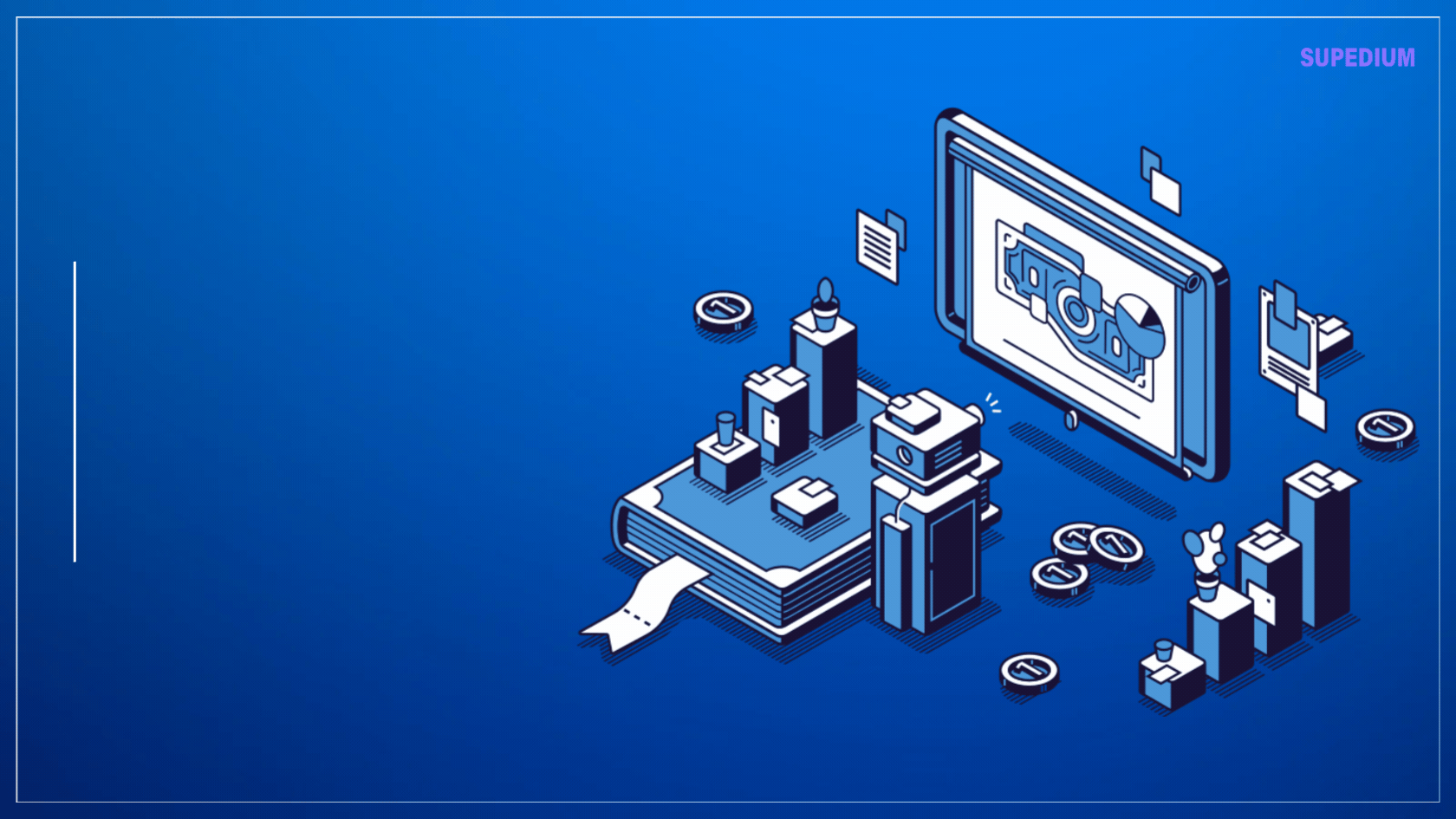Table of Contents
- 1 Centrally Planned Economy Definition
- 2 A Little More on Centrally Planned Economies
- 3 Key Elements of the Planned Economy
- 4 State or Collective Property in a Planned Economy
- 5 The Planning of a Planned Economy
- 6 Control in a Planned Economy
- 7 Key Questions in a Planned Economy
- 8 The planned economy and socialism
- 9 References for Centrally Planned Economy
![]()
Centrally Planned Economy Definition
A planned or centralized economy is one in which the key questions of the economy about what, how, and for whom to produce are resolved directly by the State.
A Little More on Centrally Planned Economies
The main objective of the planned economy is the equal distribution of income. To this end, the State must intervene in the economy and be responsible for the tasks of distributing resources. The Government tends to take private property for the collective society in an effort to support production, exchange, and distribution. It is a type of economic system contrary to capitalism or the market economy. The origin of the centrally-planned economy is in the post WWII, Soviet Union. Subsequently, it expanded to the economies of Eastern European countries. At the end of the 20th century, it was replaced in practically all the countries that applied it (the one hundred percent pure system was never applied).
Key Elements of the Planned Economy
There are three essential elements in the operation of the planned economy.
State or Collective Property in a Planned Economy
In the centralized planning system, private property is eliminated. All resources and products are in the hands of the State. All property is considered “collective property” of all the members of society. The State determines the prices of prices of the goods and services produced. The Market has no function as a resource allocation mechanism.
The Planning of a Planned Economy
The organization of the economic activity is determined according to a centralized plan in which the State indicates in detail, for a certain period of time, the production objectives, the technology to be used, the resources available for production, investment, etc. Company profits and societys preferences do not have any influence in the allocation of the resources. Likewise, the State also defines the system of distribution of goods and services so that there are no different social classes.
Control in a Planned Economy
There is strict control of compliance with the established plan. This completely eliminates entrepreneurship, innovation, and appropriation of benefits.
Key Questions in a Planned Economy
- What to produce: the State defines it through production plans and allocation of resources.
- How to produce: it will be produced according to the technological options approved by the State.
- For whom to produce: the main objective of the planned economy would be to distribute income equally. To achieve this, the State usually relies on mechanisms such as controlled supply, rationing, quotas, price control, among others.
As we see, the role of the State is total since it controls in a centralized way all the relevant economic decisions.
The planned economy and socialism
Socialism, at least in its beginnings and in its purest form, was an economic system which argued that the economy should be planned. With this, an equal distribution of resources and greater social justice would be achieved. Modern socialism is moderated, accepting that free competition can bring benefits in the form of greater efficiency and greater benefits for consumers (such as lower prices, higher quality or variety, etc.). In any case, socialists understand that the State has a key role in the protection of consumers and the correction of certain market failures.
References for Centrally Planned Economy
http://www.businessdictionary.com/definition/centrally-planned-economy.html
https://www.investopedia.com/terms/c/centrally-planned-economy.asp
Share This




Be the first to comment